
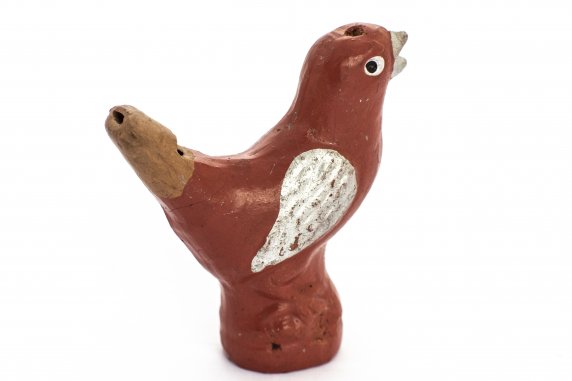
Group Visits
The Centre for Polish Folklore in Karolin runs educational activities and workshops for visitors of all ages and levels. Our group sessions are tailored to the needs and interests of playgroups, schools, senior citizen clubs and organisations, sightseeing groups and other organised parties.
Group Entry
Entry to the exhibition for group sessions and guided tours is with a
group ticket – 20 zł per person
Groups of over 10 people are eligible for group tickets to the exhibition. A tour guide service is included in the ticket price.
Tickets for workshops – 30 zł per person
The maximum size of groups for group sessions, guided tours and workshops is 25 people. Larger groups may have to be divided.
To book your educational sessions, guided tours and workshops, contact us on:
+48 22 208 87 00 or +48 605 501 770
or by email: kontakt@karolinmazowsze.pl
group ticket – 20 zł per person
Groups of over 10 people are eligible for group tickets to the exhibition. A tour guide service is included in the ticket price.
Tickets for workshops – 30 zł per person
The maximum size of groups for group sessions, guided tours and workshops is 25 people. Larger groups may have to be divided.
To book your educational sessions, guided tours and workshops, contact us on:
+48 22 208 87 00 or +48 605 501 770
or by email: kontakt@karolinmazowsze.pl
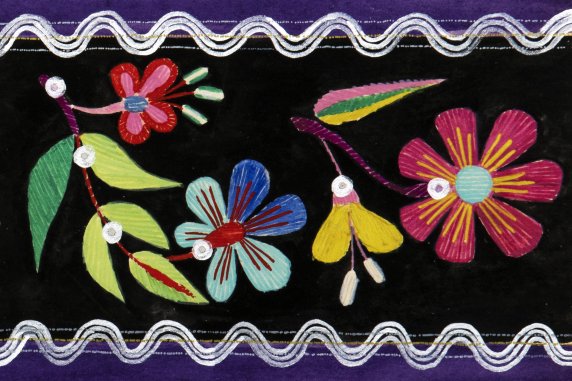
Playgroups and Preschools
The Centre for Polish Folklore in Karolin invites pre-schoolers on an inspiring journey through traditional folk culture. Educational activities aim to engage and stimulate the imagination. Sessions are curriculum-focused and are planned to promote creative thinking and independent learning.
- A Musical Journey through Poland – Educational Session
- Folky Feet – Dance Workshop
- All Dressed Up – Workshop
- Handmade Toys for Girls and Boys – Workshop
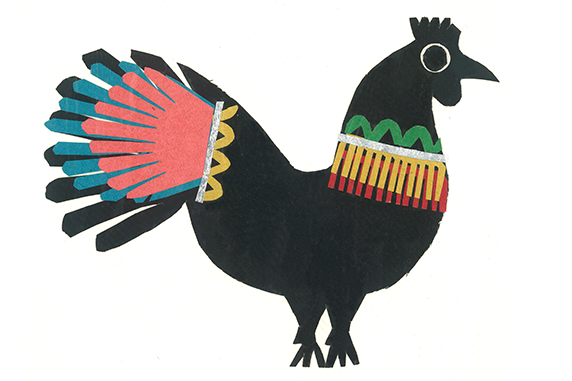
Primary Schools
We offer a diverse range of learning activities to bring Polish folklore to life for all ages. Sessions and workshops are designed to support your curriculum and be easy to access and engaging. Thematically, they focus on Polish traditional culture, national and regional dances, folk music and instruments and the work of folk artists and musicians.
YEARS 1-3
- Polish Folk Culture – Educational Session
- Dance With Me – Dance Workshop
- All Dressed Up – Workshop
- Handmade Toys for Girls and Boys – Workshop
YEARS 4-6
- Polish Folk Culture – Educational Session
- Around the World with Mazowsze – Educational Session
- Dance With Me – Dance Workshop
- Creative cut outs – Workshop
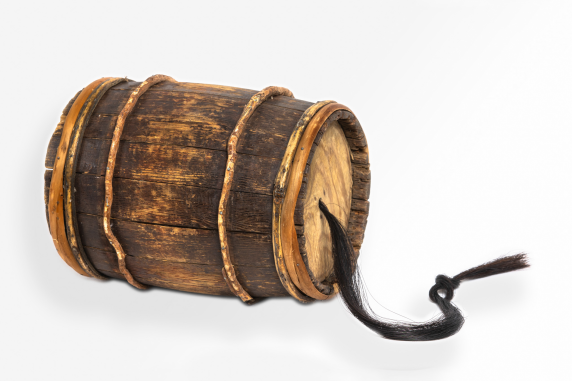
Secondary Schools
Embark on a colourful and musical journey thorugh Polish culture with Mazowsze National Folk Song and Dance Ensemble. Through its workshops and educational sessions, the Centre for Polish Folklore brings history to life in practical and creative ways, to engage, inform and excite visitors.
- Polish Traditions and Culture – Educational Session
- The Polish National Dances – Educational Session
- Polish Folk Dances – Dance Workshop
- It's Time to Dance the Polonaise! – Dance Workshop
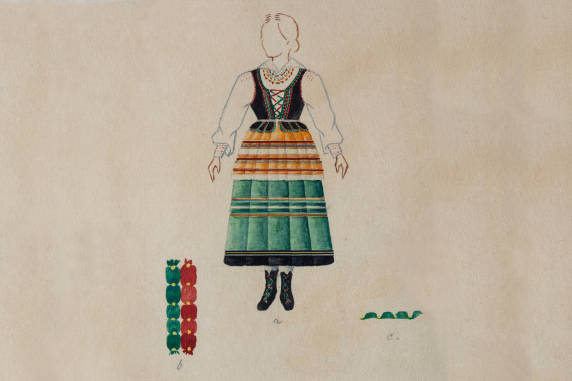
Adults
Polish folk culture is exceptionally diverse and colourful. It is born out of and reflects the rich and often complicated history of the country. Discover Polish culture with Mazowsze National Folk Song and Dance Ensemble, through our tours, workshops and events.
- From the Village to the Stage – Tour of the permanent exhibition
- Polish Dances – Dance Workshop
- Cuckoo, cuckoo! – Singing Workshop
- Mazowsze in Films and Newsreels – Film screening/ discussion
